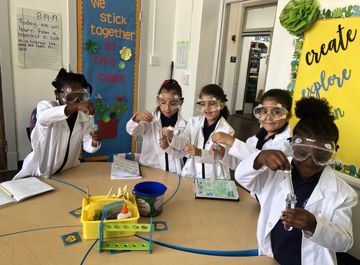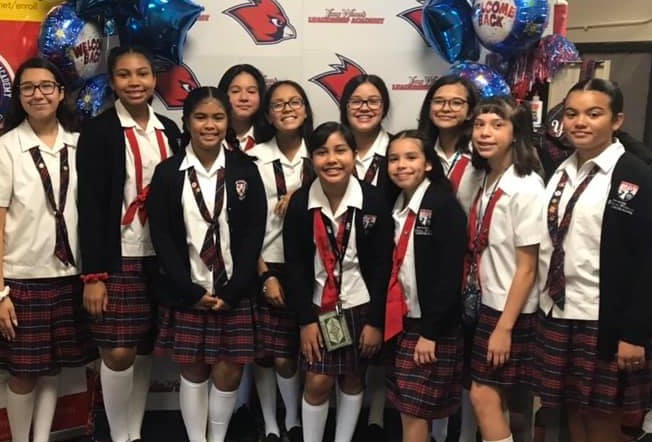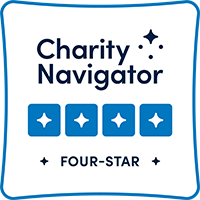What is an 1882 partnership?
In 2017, the Texas Legislature passed Senate Bill 1882, which grants additional funding to school districts that agree to work collaboratively with non-profit partners. These new partnerships offer districts the opportunity to expand school options, bring in targeted expertise for innovation and support, and empower schools with greater autonomy.
How does a school become a SB 1882 partnership school?
When considering a school partnership, the district will seek mission-aligned non-profit organizations with a strong track record of success. For example, an International Baccalaureate (IB) school might consider partnering with an organization that specializes in supporting IB schools. A school wanting to elevate its fine arts program might partner with a local arts organization that could offer professional artistic expertise for students and teachers. After extensive vetting by district and campus staff and authentic dialogue with the school’s community, the ISD Board will approve a management agreement that authorizes the non-profit partner to co-manage the school with the district. In order to become an official 1882 partnership and qualify for increased state funding, the ISD and the partner must apply to and be approved by the Texas Education Agency.
What are the benefits of becoming a SB 1882 Partnership School?
Partnership schools that are approved by the Texas Education Agency will receive increased state funding, estimated at $1,000 per student on an annual basis. For example, a school with 500 students may be eligible for $500,000 in additional funds annually. In addition, the school will receive support from a mission-aligned organization with expertise in whatever the school needs to be successful, whether it be academic coaching, professional development, new student learning opportunities, or fundraising support.
How are SB 1882 Schools structured?
The partner organization will create an 1882 governing board comprised of community stakeholders and business professionals with the experience and passion necessary to empower the school to achieve its goals. The governing board will be involved in selecting and evaluating the school’s principal and will collaborate with the campus in selecting staff, the curriculum, school calendar, and student assessments. The district will hold the partner accountable for strong academic and financial performance through a board-approved performance contract and regular monitoring by district staff.
How does the district hold the school and the partner accountable for results?
Senate Bill 1882 partnerships ultimately exist to improve student outcomes, so partnership agreements are written to ensure strong accountability and give the district the flexibility to end the partnership if it’s not benefiting students and staff. The ISD board will authorize partnerships for a specified term, along with performance reviews as delineated in the Partnership Agreement. If a performance evaluation during a review cycle shows that the partner is not meeting the district’s academic and operational expectations, the district may end the partnership or place the partner on probation. In addition, the district can end the partnership if the partner does not follow the terms of the agreement.
What is the role of the nonprofit partner’s governing board in a SB 1882 partnership?
The role of the nonprofit governing board is to support the school with whatever the school needs to be successful, whether it be matters pertaining to academic coaching, professional development, or new student learning opportunities. The board will act on decisions in collaboration with the nonprofit organization’s staff and in accordance with the school’s charter. The board will meet quarterly and will be comprised of community stakeholders and professionals with specific expertise that is aligned to the programs and strategies described in the charter. Additionally, the nonprofit partner and school leadership team may decide to bring expertise to the governing board from other industries such as law, engineering, higher education, communications, etc. The nonprofit governing board will serve as advisors and strategic thought partners for the nonprofit staff and the school leadership team. In addition, the governing board will approve the annual budget for the school and ensure that all performance measures are met and that the autonomies granted in the Partnership Agreement with the District are protected.
The non-profit governing board will also collaborate with the campus leadership team in assessing and refining recommendations pertaining to the curriculum, school calendar, programming, and professional development opportunities provided for the campus.
Official Website: txpartnerships.org





